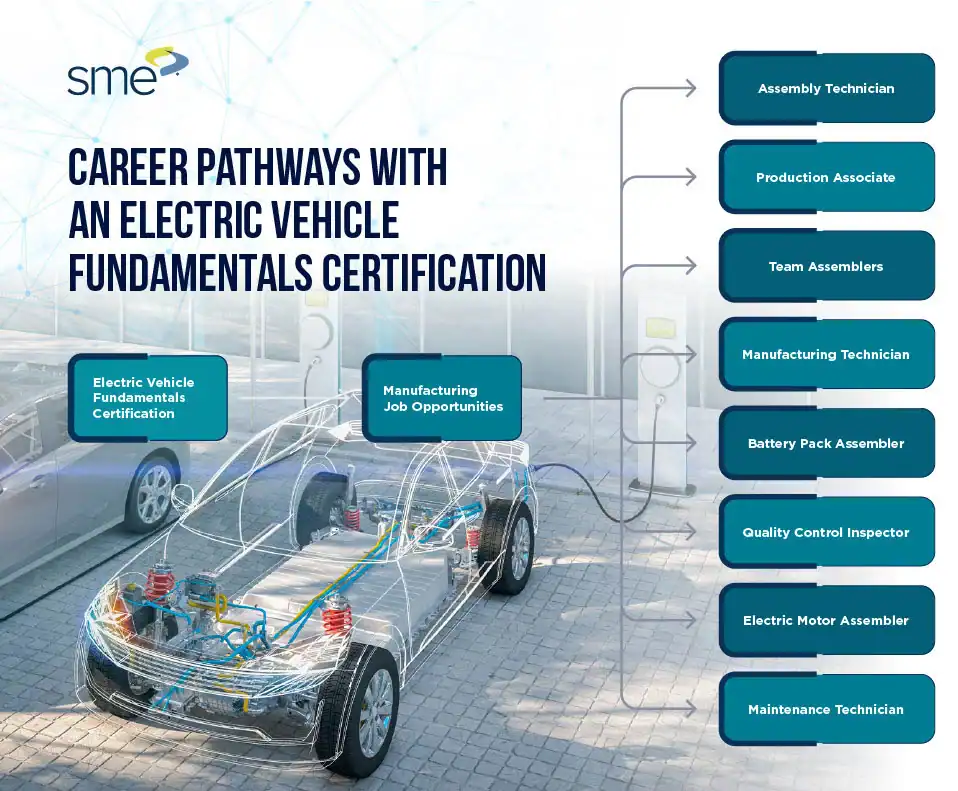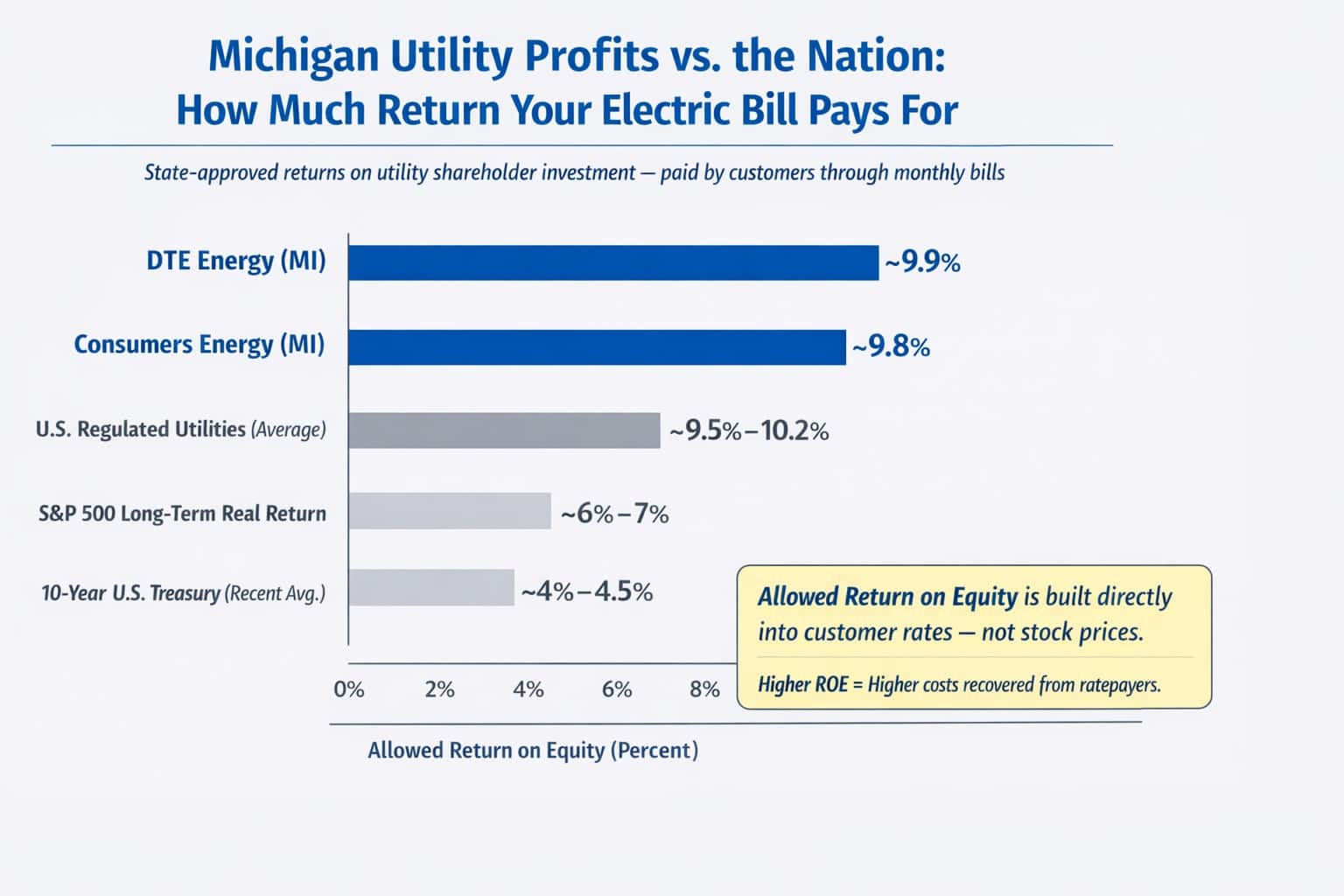KOREA – Hyundai will soon be adding a new vehicle to its lineup, and it’s unlike anything we have seen before. As the world scrambles to look for alternative energy solutions and resources for the sake of a sustainable future for the planet, the passenger vehicle industry has soared with the production of alternative engines.
From the favored electric vehicle to hydrogen fuel-cell technology, in order to stay competitive, automobile developers need to demonstrate a commitment to carbon neutrality, Ecoticias+

Electric vehicles soar for passenger vehicles in pursuit of clean energy
Many people see electric vehicles as the ultimate solution to the engine crisis in the passenger vehicle market. As industries across the globe adopt sustainable practices, automakers have pushed forward with advanced battery technology. As a result, electric and hybrid vehicles have steadily increased in popularity over the past decade.
However, internal combustion engines still dominate global sales. Despite this, many automobile manufacturers continue to invest in alternative engines to meet their carbon-neutral goals. Yet, electric vehicle sales have recently started to decline. This slowdown shows that consumers need more than just advanced technology to make the switch. They also need reliable charging infrastructure and clear incentives before they will fully abandon traditional engines.
This engine from Hyundai is making an exciting comeback
Recently, there has been a trend among automobile developers to develop futuristic model concepts that take inspiration from old, retro designs. By doing this, automobile companies can stick to the roots of vehicle designs which were popular among consumers while continuing to look towards the future and embrace new engine technology which world towards a sustainable future. For example, American company General Motors (GM) recently unveiled an electric concept car where the design took inspiration from the 1950s ‘space-age glamor’ models, which were popular at the time.
Now, the South Korean company Hyundai is following suit with the release of its N Vision 74 concept model. The vehicle is a high-performance hydrogen-electric hybrid vehicle which takes inspiration in design from the company’s Giorgetto Giugiaro’s 1974 Hyundai Pony Coupe.
Many Asian automobile developers have been focusing on the development of hydrogen-fueled vehicles. While many automobile developers have chosen to focus on pure-electrification as the way forward for the passenger vehicle world, hydrogen-powered engines are emerging as a complement to electric vehicle technology, especially with stepping in to assist in transforming transportation industries where battery-engine technology is not ideal, such as the aviation industry.
Innovation from Asian developers in the competitive motoring market
Asian automobile developers continue to rise, pushing boundaries and releasing models that appeal to both local and international consumer bases. Further, their commitment to alternative engine technology, whether it be electric, hydrogen, or even biofuels, highlights a deliberate strategy to diversify energy pathways rather than rely solely on one solution. By investing in multiple alternative engine solutions, these developers are ensuring that the road to carbon-neutrality is not dependent on a single source, putting increased pressure on resources.
Further, these companies are collaborating in order to increase the rate at which alternative engine technology is produced and adopted. These collaborative efforts among competitors demonstrate a recognition that the journey to sustainable transportation requires a shift in prioritization. By sharing research, standardizing components, and co-developing infrastructure such as charging networks or hydrogen refueling stations, they are accelerating industry-wide innovation while lowering costs for both producers and consumers.
Final Thoughts:
FAQs:
1. How is Hyundai’s hydrogen-electric hybrid different from regular hybrid cars?
Unlike traditional hybrids that use gasoline engines alongside electric motors, Hyundai’s concept uses hydrogen fuel cells paired with electric power, completely eliminating gasoline from the system.






